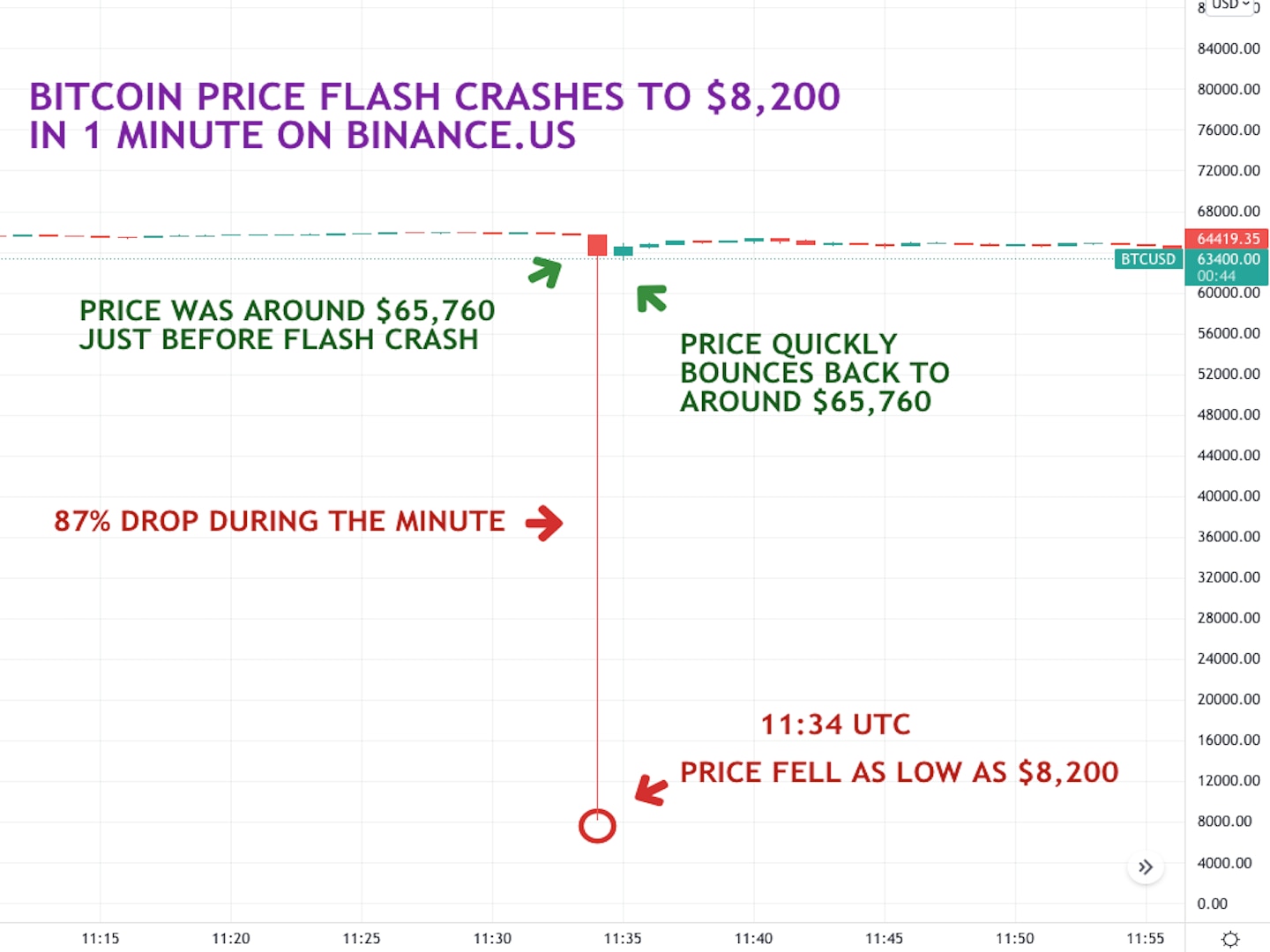Ethereum Proposal Could Increase Throughput by 50%
-
The new Ethereum improvement proposal, officially EIP-7781, would increase throughput by 50%.
-
The submission from Illyriad Games co-founder Ben Adams follows earlier proposals by Ethereum co-founder Vitalik Buterin and others for improving the blockchain’s overall processing capacity.
-
Ethereum has faced growing criticism that it has failed to scale the main blockchain, since it has mainly pushed in recent years to enable the proliferation of affiliated layer-2 networks that are optimized for higher transaction execution.
-
Drawbacks include the possibility that validators might need additional resources to support the higher throughput.
A new upgrade proposal for Ethereum could improve network throughput by 50%, enhancing its ability to compete with speed-focused blockchains like Solana.
Initially proposed on Oct. 5 by Ben Adams, co-founder of Illyriad Games, the Ethereum improvement proposal (EIP) would reduce slot times from 12 seconds to eight seconds, allowing the network to process more transactions over time.
The upgrade, officially designated EIP-7781, would also ramp up the blockchain’s capacity to handle blobs, which are dedicated data-storage chambers used by affiliated layer-2 networks to stash transaction records. The change would effectively increase the number of blobs per block to nine from six, providing more space for layer-2 chains like Arbitrum and Optimism to post data to Ethereum.
In Ethereum’s proof-of-stake consensus mechanism, slots refer to specific time intervals during which a block can be proposed. A validator is selected for each slot to propose a block, and if successful, the block is added to the blockchain.
The upgrade proposal will need to work its way through the Ethereum open-source development system, but it’s already earned some key supporters.
Vitalik Buterin’s proposal
Ethereum Foundation researcher Justin Drake noted on Github that reducing block times to eight seconds would make decentralized exchange (DEX) platforms like Uniswap 1.22 times more efficient. The change could help close pricing gaps between on-chain and off-chain trading venues, saving users up to $100 million per year, according to Drake.
The Ethereum blockchain is praised for having strong security and a high degree of decentralization relative to most other blockchains, but its benefits have historically come at the cost of relatively high fees and slow speeds – at least in comparison to newer blockchains like Solana.
Ethereum co-founder Vitalik Buterin proposed in January to increase the blockchain’s “gas limit” – the total size of transactions that can be squeezed into each block – as a way of boosting the overall network throughput.
EIP-7781 would be tantamount to an “effective increase to a 45M gas limit and 9 blob limit,” which “roughly aligns with the proposed 40M gas limit by pumpthegas.org and the 8 blob limit by Vitalik and others,” according to Drake.
Over the past few years, upgrades to the Ethereum blockchain have primarily focused on paving the way for the development of third-party layer-2 “rollup” networks like Arbitrum and Optimism. These independent blockchain networks officially settle their transactions on Ethereum’s ledger, but they offer users higher speeds and lower fees and have rapidly become the primary venue through which users interact with the Ethereum ecosystem.
Data blobs were added to Ethereum in March to allow the blockchain to hold arbitrary bits of data in a separate, dedicated space that’s cheaper than regular block space on the network. Compared to regular transactions, blobs are better optimized for layer-2 networks, which bundle together big groups of transactions and post them to Ethereum all at once.
EIP-7781 could help make it faster (and cheaper) for layer-2 networks to post data to the chain by increasing the number of blobs, but it is also the first upgrade in some time to focus directly on improving speeds on the base Ethereum blockchain.
Reducing slot times to eight seconds from 12 would directly translate to faster transactions for end-users, but it risks adding strain for validators, who might need additional hardware resources.
The news was reported earlier in CoinTelegraph.
Edited by Bradley Keoun.
Disclosure
Please note that our
privacy policy,
terms of use,
cookies,
and
do not sell my personal information
have been updated
.
CoinDesk is an
award-winning
media outlet that covers the cryptocurrency industry. Its journalists abide by a strict set of
editorial policies.
CoinDesk has adopted a set of principles aimed at ensuring the integrity, editorial independence and freedom from bias of its publications. CoinDesk is part of the Bullish group, which owns and invests in digital asset businesses and digital assets. CoinDesk employees, including journalists, may receive Bullish group equity-based compensation. Bullish was incubated by technology investor Block.one.
:format(jpg)/s3.amazonaws.com/arc-authors/coindesk/cbcc0277-9d05-4660-9621-36754d5237a8.png)
Sam is CoinDesk’s deputy managing editor for tech and protocols. He reports on decentralized technology, infrastructure and governance. He owns ETH and BTC.
Follow @skesslr on Twitter









